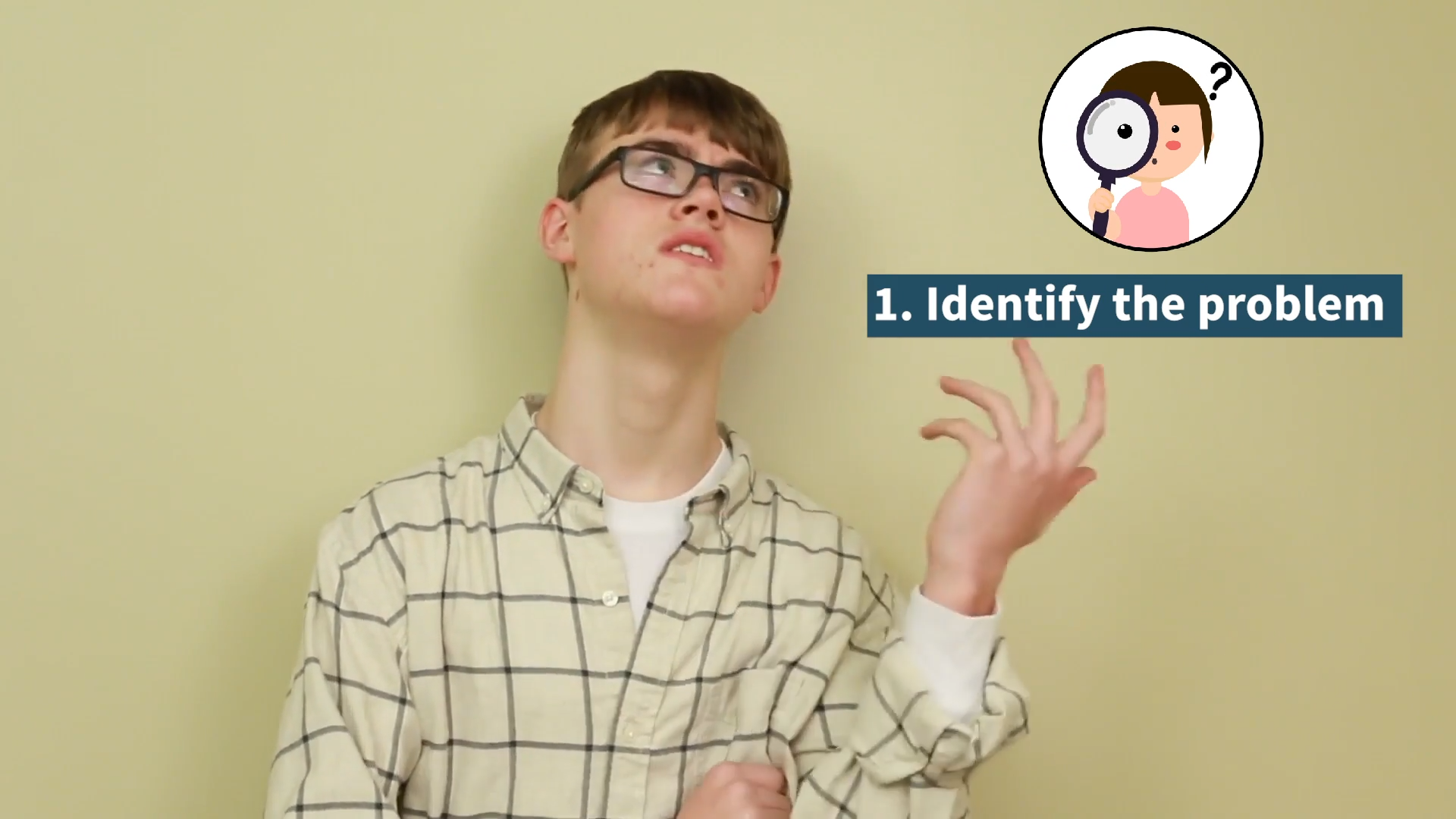Introduction: In special education, helping students develop essential skills is crucial for their success. One such skill is problem-solving, which plays a significant role in students’ learning, social interactions, and overall wellbeing.
Understanding Problem-Solving Skills
Problem-solving skills enable students to identify issues, analyze possible solutions, and make informed decisions. These skills impact students’ ability to navigate challenges in their learning, social interactions, and emotional wellbeing.
The Role of Specialists
Various specialists can support the development of problem-solving skills:
- Speech-Language Pathologists: Assist with communication strategies to express thoughts and ideas effectively.
- Social Workers: Provide guidance in navigating social situations and resolving interpersonal conflicts.
- Psychologists: Help students develop coping mechanisms and emotional regulation strategies for problem-solving.
- School Counselors: Offer support in setting achievable goals and creating action plans for addressing challenges.
IEP Goals for Problem-Solving Skills
Here are some specific SMART IEP goals to enhance problem-solving skills:
- Goal: The student will identify and define problems in 4 out of 5 situations.
- Strategies/Activities: Role-playing, group discussions, and problem-solving worksheets.
- Goal: The student will generate at least two possible solutions to a problem in 4 out of 5 opportunities.
- Strategies/Activities: Brainstorming sessions, using visual aids, and engaging in collaborative activities.
- Goal: The student will evaluate the consequences of each solution and choose the best one in 4 out of 5 situations.
- Strategies/Activities: Pros and cons lists, guided reflection, and decision-making games.
Implementing and Measuring Progress
To implement these goals and measure progress:
- Collaborate with specialists to create a tailored plan.
- Monitor student performance through observation and assessment.
- Adjust strategies and goals as needed based on progress.
- Communicate with parents and other team members regularly.
Conclusion
Effective IEP goals for problem-solving skills can significantly impact a student’s success in learning and social interactions. Implement these goals and strategies to support your students’ growth. For more resources, explore Everyday Speech Sample Materials. We invite you to share your experiences and insights in the comments below.






